“Emojis are the most basic form of digital communication, and yet, they are also the most expressive.”
“Language is the road map of a culture. It tells you where its people come from and where they are going.” – Rita Mae Brown
Language is the tapestry of human expression, woven with the threads of time, culture, and technology. From the ancient carvings on temple walls to the colorful emojis in our digital messages, the evolution of language tells the story of humanity’s journey through the ages. Let’s embark on a fascinating journey through 12 pivotal steps in the evolution of language.
- The Dawn of Language (c. 100,000 BCE): The origins of language are shrouded in mystery, but it’s believed that early humans began to develop complex language systems to communicate, coordinate, and share knowledge.
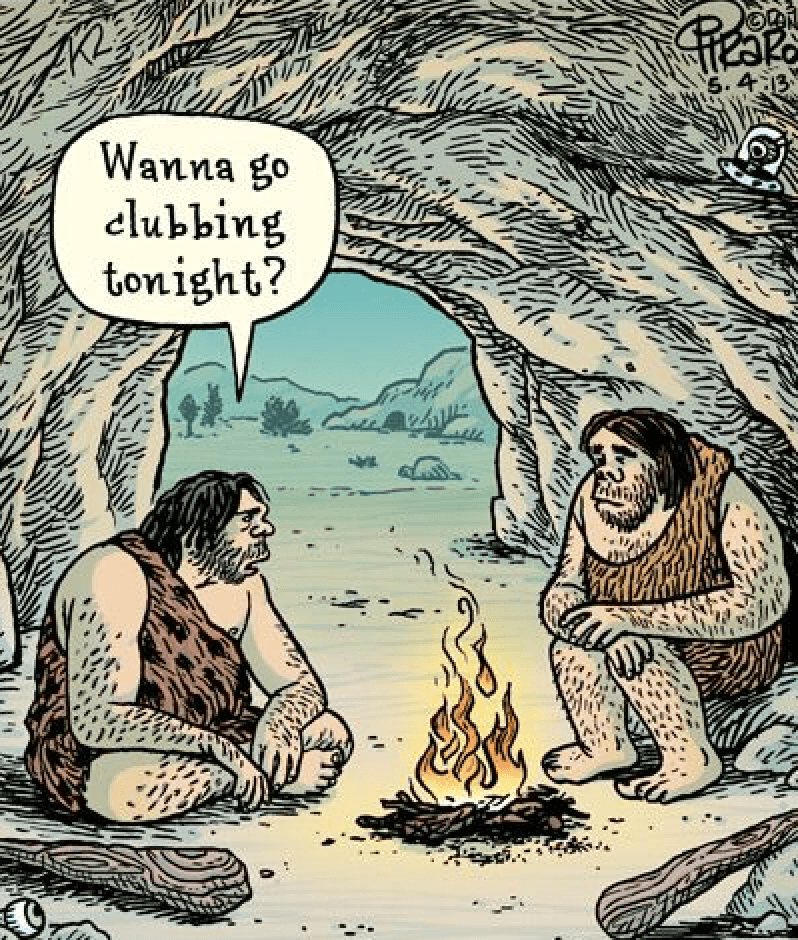
- Cave Paintings and Petroglyphs (c. 40,000 BCE): Before written language, early humans used cave paintings and rock carvings to depict their experiences, beliefs, and stories, creating a visual language that transcended spoken words.

- Cuneiform: The First Writing System (c. 3400 BCE): Developed by the Sumerians in Mesopotamia, cuneiform is considered the first writing system. It involved pressing a reed stylus into clay tablets to create wedge-shaped marks.

- Hieroglyphs: The Language of the Pharaohs (c. 3200 BCE): In ancient Egypt, hieroglyphs were used for religious texts, royal decrees, and monumental inscriptions, combining logographic and alphabetic elements.
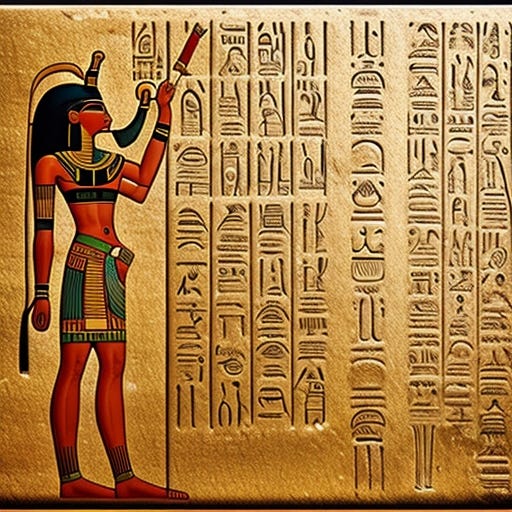
- The Phoenician Alphabet (c. 1050 BCE): The Phoenicians created a streamlined alphabet with 22 consonants, which became the basis for many modern alphabets, including Greek and Latin.
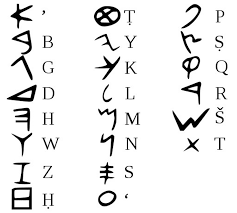
- The Greek Alphabet and the Birth of Vowels (c. 800 BCE): The Greeks adapted the Phoenician alphabet, adding vowels and giving rise to the first true alphabet, which greatly influenced the development of Western languages.
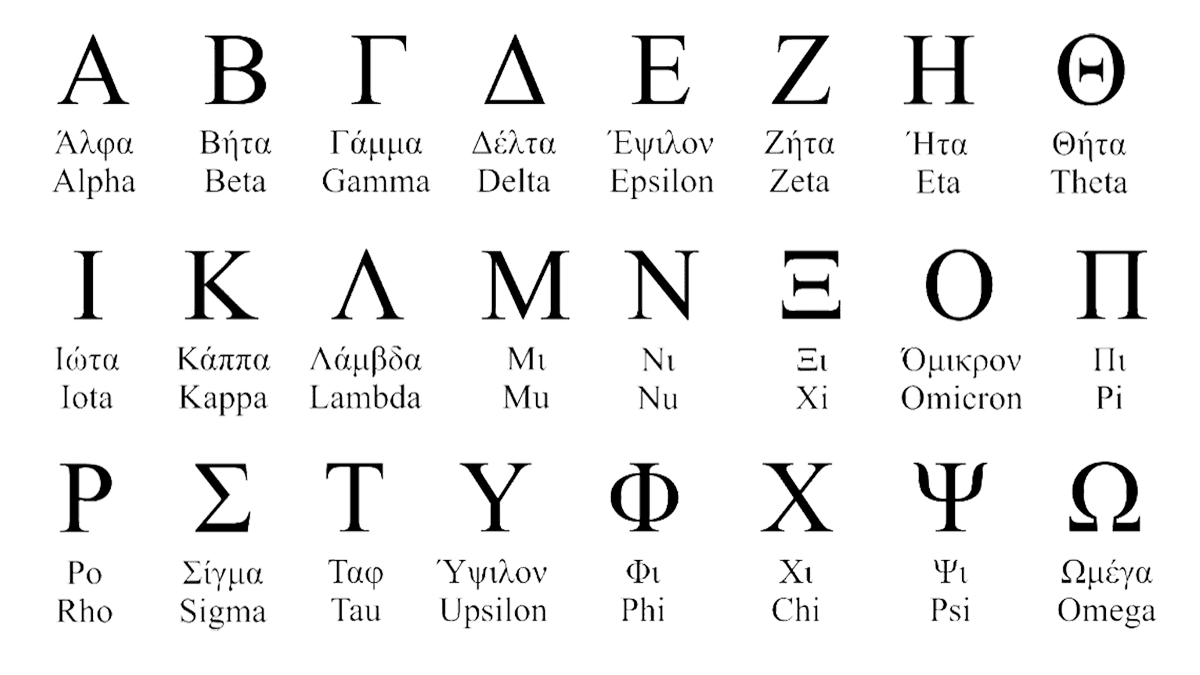
- The Spread of Latin and the Roman Empire (1st century BCE): Latin became the lingua franca of the Roman Empire, shaping the development of Romance languages and leaving a lasting legacy in law, science, and religion.
- The Printing Press Revolution (1440): Johannes Gutenberg’s invention of the printing press democratized knowledge, standardized languages, and paved the way for the Renaissance and the Enlightenment.
- The Rise of Vernacular Languages (16th century): The Reformation and the Renaissance encouraged the use of local languages in literature, religion, and governance, diminishing the dominance of Latin.
- The Standardization of Modern Languages (17th-19th centuries): The establishment of dictionaries, grammar rules, and national education systems led to the standardization of languages, fostering national identity and cultural unity.
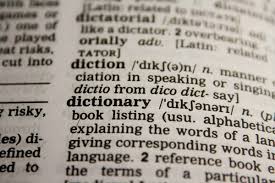
- The Digital Age and the Internet (20th-21st centuries): The advent of computers and the internet revolutionized communication, leading to the creation of new language forms like chatspeak, hashtags, and internet slang.

- Emojis: The Universal Language of the Digital Era (21st century): Emojis have become a global phenomenon, transcending language barriers and adding emotional nuance to digital communication.

Emoji writing, “What is this movie?” Source.
From hieroglyphs to emojis, the evolution of language reflects the human journey of innovation, adaptation, and connection. As we continue to explore new frontiers of expression, the story of language will undoubtedly unfold in surprising and delightful ways.
Interesting Quotes about Language
“Language is the road map of a culture. It tells you where its people come from and where they are going.” – Rita Mae Brown
“Language is not a genetic gift, it is a social gift. Learning a new language is becoming a member of the club – the community of speakers of that language.” – Frank Smith
“Language is the blood of the soul into which thoughts run and out of which they grow.” – Oliver Wendell Holmes
“The limits of my language mean the limits of my world.” – Ludwig Wittgenstein
“Language is the dress of thought.” – Samuel Johnson
“Every language is a world. Without translation, we would inhabit parishes bordering on silence.” – George Steiner
“Language shapes the way we think, and determines what we can think about.” – Benjamin Lee Whorf
“The language of friendship is not words but meanings.” – Henry David Thoreau
“Emojis are the most basic form of digital communication, and yet, they are also the most expressive.” – Unknown
“The art of communication is the language of leadership.” – James Humes
Learn More
Here are some resources that can help you delve deeper into the fascinating evolution of language:
- Books:
- “The Unfolding of Language” by Guy Deutscher: This book explores the evolution of language from its earliest stages to its modern complexity.
- “Empires of the Word: A Language History of the World” by Nicholas Ostler: A comprehensive history of the world’s great languages and their impact on civilizations.
- “The Power of Babel: A Natural History of Language” by John H. McWhorter: An engaging look at the natural history of language and its dynamic nature.
- Online Courses:
- “The History of the English Language” on Coursera: This course covers the development of the English language from its Indo-European roots to modern times.
- “Miracles of Human Language: An Introduction to Linguistics” on Coursera: Learn about the fundamentals of linguistics and the diversity of languages.
- Websites:
- Ethnologue (www.ethnologue.com): A comprehensive reference work cataloging all of the world’s known living languages.
- Language Log (languagelog.ldc.upenn.edu): A blog maintained by linguists that covers a wide range of topics related to language and linguistics.
- Podcasts:
- “Lingthusiasm”: A podcast that’s enthusiastic about linguistics, exploring different aspects of language in an accessible way.
- “The History of English Podcast”: A podcast that explores the history of the English language from its earliest roots to the present day.
- Documentaries:
- “The Adventure of English”: An eight-part series that chronicles the history of the English language from its origins to its status as a global language.
- “Tower of Babel”: A documentary that explores the diversity of languages around the world and the efforts to preserve endangered languages.
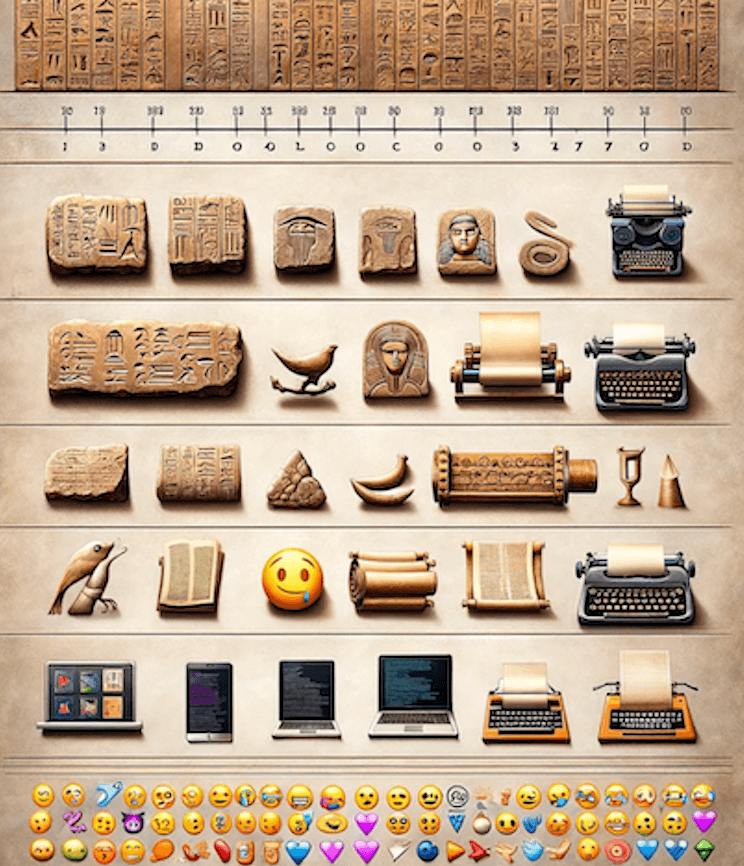
Pingback: Popular Stories Written as Emojis 📚👀💬🔡👉🤔😄💭🎉 - Richard Coward